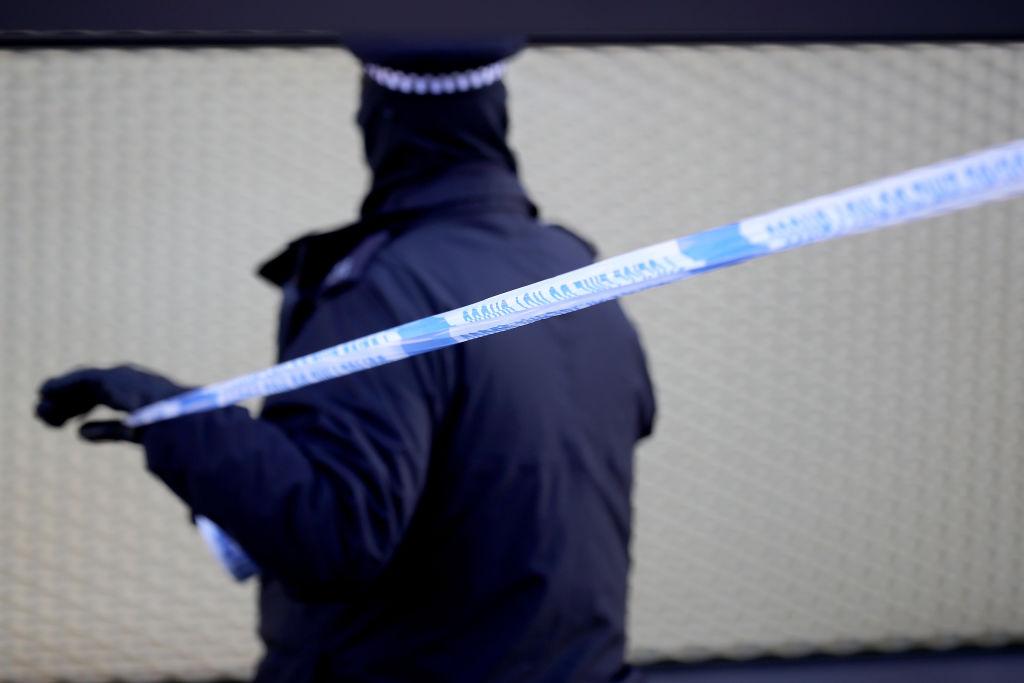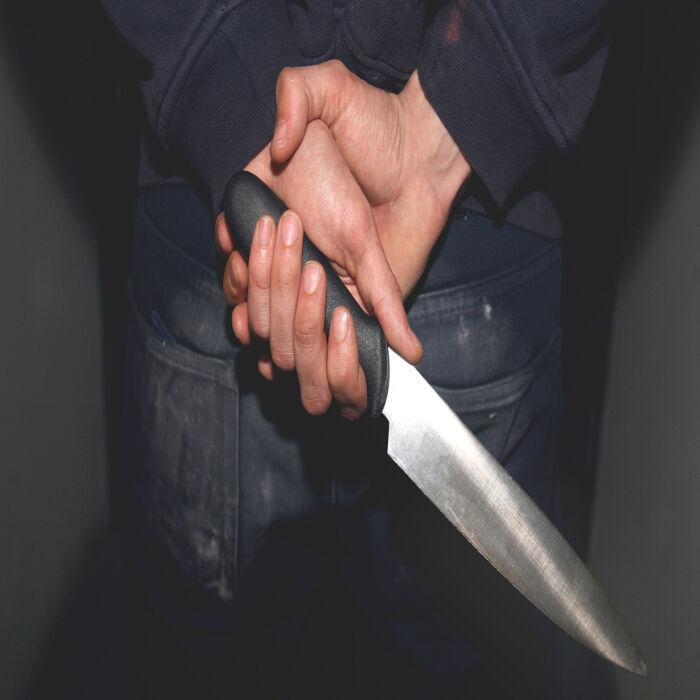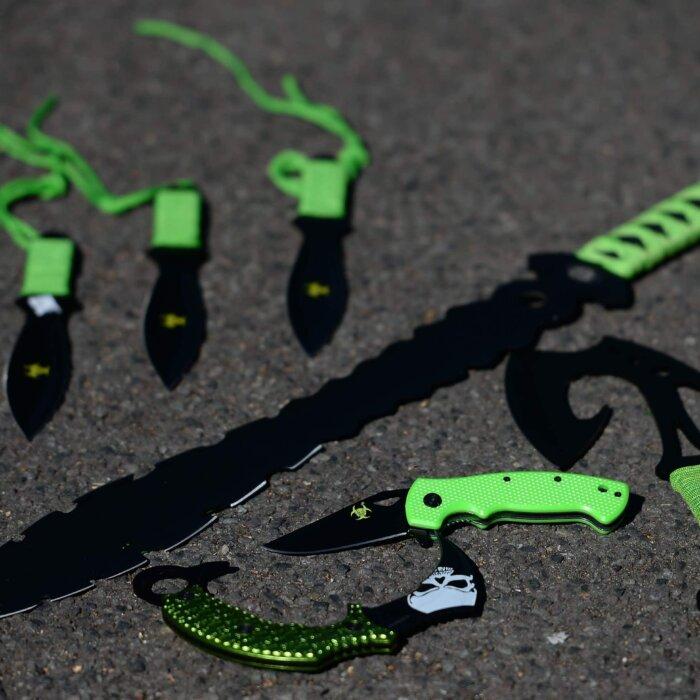Across England, children as young as 11 are carrying knives for their own “protection,” a report on youth violence has found.
Ofsted inspectors said the findings were “very disturbing” and called for urgent action to support children most at risk.
“Knife crime is blighting the lives of too many children in England. It’s a national scandal. It’s very disturbing that children as young as 11 feel they need to carry a knife for their own protection.
“Where we see local partnerships are working well together, it makes a real difference. So I hope this report helps improve practice, knowledge and understanding for all local areas. Urgent action is needed now, to keep children safe,” said Ofsted Chief Inspector Sir Martyn Oliver.
His comments follow a joint report by Ofsted, the Care Quality Commission (CQC), HMI Constabulary and Fire and Rescue Services (HMICFRS), and HMI Probation.
The study reviewed responses to serious youth violence by children’s social care, health services, schools, the police, and youth justice services. Inspections carried out in Leeds, Coventry, Somerset, Manchester, Merton, and Lancashire have revealed consistent failings in how local safeguarding partnerships addressed youth violence.
The report found that while there were positive examples of joint work with children, in many cases professionals failed to recognise the children’s need for protection. Black children and children and young people with special educational needs or disabilities were found to be among the worst affected by violence.
Serious Issue
Inspectors noted the lack of comprehensive government guidance on how people working with children should collaborate is exacerbating these problems.The deputy director for multiagency operations at the CQC, Lucy Hale, said that the impact of youth violence is more serious than many adults realise.
Last year, the Youth Endowment Fund found that one in four children, among 7,500 surveyed, had either been a victim of violence or committed a violent act themselves.
Some 47 percent had witnessed violence in the preceding 12 months, and 60 percent said they had seen “real world” violent acts on social media.
Chief Inspector HM Inspectorate of Probation Martin Jones said that agencies working with children must prioritise the issue of serious violence.
Hale added that effective training and cooperation between local services can “make a significant difference.”
Quality of Intervention
A separate report, commissioned by Ofsted, found that families impacted by serious youth violence often felt “distinct lack of empathy from professionals.”Research by the children and young people’s charity Safer London analysed responses from 33 children across London.
The survey heard from families where children had been threatened or harmed by guns, knives, or other weapons including corrosive chemicals, as well as children who had chosen to carry knives or who had harmed others with weapons.
One parent shared that: “Nobody acknowledged what was going on with my son. He was stabbed, he had chemicals thrown at him. He was severely exploited, and he did suffer a lot of violence. Absolutely nothing, in my opinion, happened that should have happened.”
Where the work of local partnerships was a success, the respondents spoke about the value of tangible and practical support.
Commenting on the effect of serious youth violence, HMICFRS Inspector Michelle Skeer said it is vital that police forces “intervene at the earliest opportunity to disrupt the risk to children and young people.”
“Officers and staff need to be trained to respond effectively, and crucially, with a focus on the best interests of the child,” she added.
Cooper said that measures targeting online sales of illegal knives will help tackle the epidemic of knife crime that is “devastating families and communities right across the country.”







